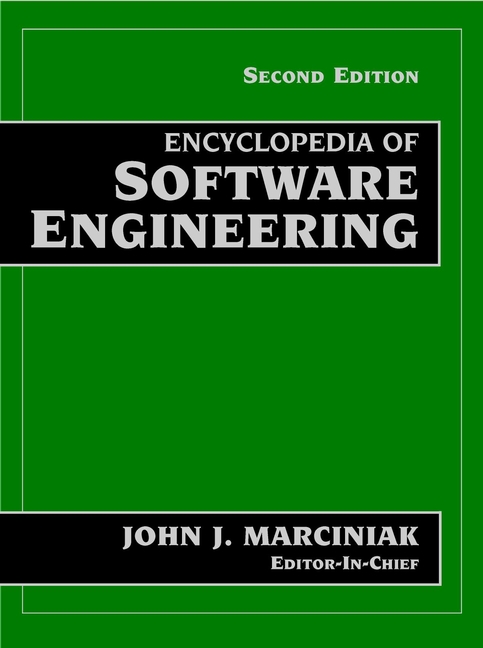Software Engineering Standards
Abstract
Although not a recognized engineering profession, the discipline called “software engineering” is evolving toward professional acceptance. One element of this evolution is the creation of a body of standards for the responsible practitioners. This article describes those standards.
The standards described in this article have been developed by Standards Developing Organizations (SDOs) operating on the principles of consensus development. The community of consensus varies, though. For example, the Institute of Electrical and Electronic Engineers (IEEE) generally develops its standards by achieving a consensus of technical professionals self-selected from the membership of the organization. On the other hand, international standards are formed by a consensus of “national bodies,” representatives of nations who cast ballots presumably representing national interests.
Nearly all of the standards discussed in this article are intended for voluntary adoption; that is, an organization makes its own decision, without coercion, to adopt the standard. (This contrasts with regulatory standards, imposed by processes similar to law, and mandated stadards, such as military standards, required as a precondition of doing business with a dominant customer.) Organizations adopt voluntary standards because they improve their products, or improve the perception of their products in a competitive marketplace. Alternatively, the standards may improve the organization's business processes, allowing them to make their products more cost-effectively.
Examples of benefits that standards may provide are given.



